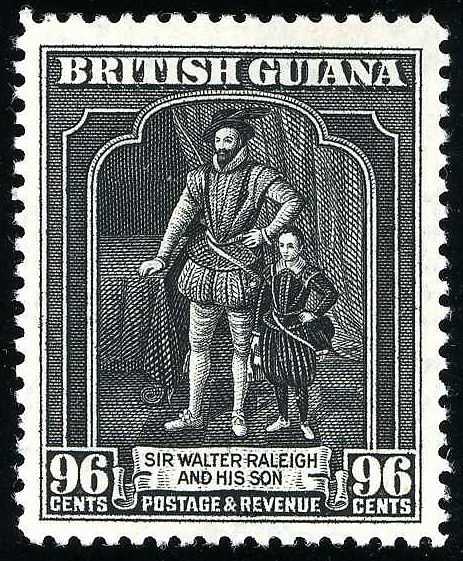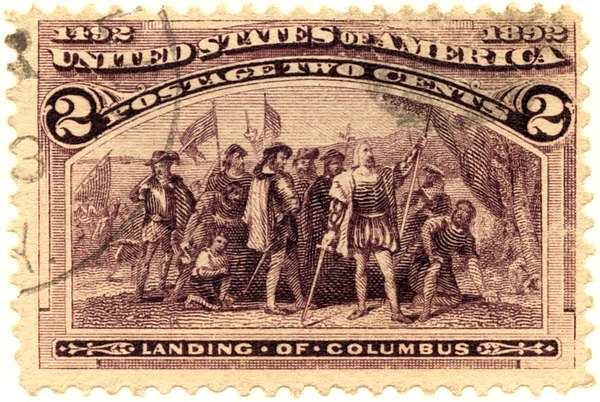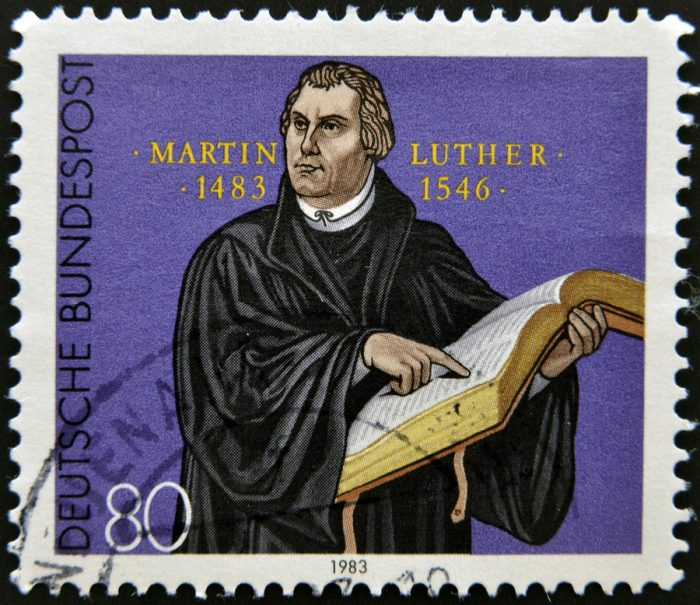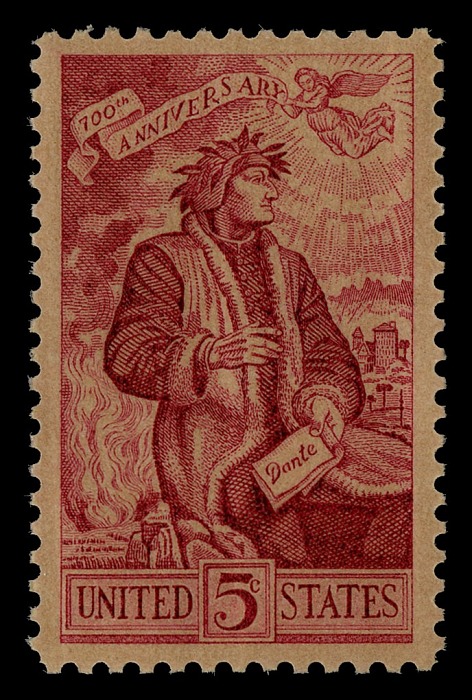Adversity is the grindstone of life. Intended to polish you up, adversity also has the ability to grind you down. The impact and ultimate result depend on what you do with the difficulties that come your way.
Consider the phenomenal achievements of people experiencing adversity:
- Beethoven composed his greatest works after becoming deaf.
- Sir Walter Raleigh wrote the History of the World during a 13-year imprisonment.
- If Columbus had turned back, no one could have blamed him, considering the constant adversity he endured. Of course, no one would have remembered him either.
- Abraham Lincoln achieved greatness by his display of wisdom and character during the devastation of the Civil War.
- Luther translated the Bible while enduring confinement in the Castle of Wartburg.
- Under a sentence of death and during 20 years in exile, Dante wrote the Divine Comedy.
- John Bunyan wrote Pilgrim’s Progress in a Bedford jail.
Adversity – the grindstone of life. Will it grind you down or polish you up?

Ludwig van Beethoven (1770-1827) was a German composer and pianist. A crucial figure in the transition between the Classical and Romantic eras in Western art music, he remains one of the most famous and influential of all composers. Born in Bonn, Beethoven displayed his musical talents at an early age and was taught by his father Johann van Beethoven and by composer and conductor Christian Gottlob Neefe. At the age of 21 he moved to Vienna, where he began studying composition with Joseph Haydn, and gained a reputation as a virtuoso pianist. He lived in Vienna until his death. By his late 20s Beethoven’s hearing began to deteriorate, and by the last decade of his life he was almost completely deaf. In 1811, he gave up conducting and performing in public but continued to compose; many of his most admired works come from these last 15 years of his life.

Sir Walter Raleigh (1554-1618) was an English adventurer and writer who established a colony near Roanoke Island, in present-day North Carolina, USA. He was imprisoned in the Tower of London and eventually put to death for treason. Raleigh was determined to explore and colonize America, so in 1587, he explored from present-day North Carolina down to Florida and named the entire region ‘Virginia’ in honor of Queen Elizabeth, who was known as the ‘Virgin Queen’.

Explorer and navigator Christopher Columbus was born in 1451 in the Republic of Genoa, Italy. He made four trips across the Atlantic Ocean from Spain: in 1492, 1493, 1498 and 1502. He was determined to find a direct water route west from Europe to Asia, but he never did. Instead, he accidentally stumbled upon the Americas. Though he did not really “discover” the New World – millions of people already lived there – his journeys marked the beginning of centuries of trans-Atlantic conquest and colonisation.

Martin Luther (1483-1546) was a German professor of theology, composer, priest, monk and a seminal figure in the Protestant Reformation. His translation of the Bible into the vernacular (instead of Latin) made it more accessible to the laity, an event that had a tremendous impact on both the church and German culture. It fostered the development of a standard version of the German language, added several principles to the art of translation. His hymns influenced the development of singing in Protestant churches. His marriage to Katharina von Bora, a former nun, set a model for the practice of clerical marriage, allowing Protestant clergy to marry.

Durante degli Alighieri (1265-1321) (Dante)was a major Italian poet of the Late Middle Ages. His Divine Comedy, written in exile, is widely considered the greatest literary work composed in the Italian language and a masterpiece of world literature. Begun c. 1308 and completed in 1320, a year before his death in 1321, the poem’s imaginative vision of the afterlife is representative of the medieval world-view as it had developed in the Western Church by the 14th century. It helped establish the Tuscan language, in which it is written, as the standardized Italian language. It is divided into three parts: Inferno, Purgatorio and Paradiso. On the surface, the poem describes Dante’s travels through Hell, Purgatory, and Paradise or Heaven; but at a deeper level, it represents, allegorically, the soul’s journey towards God.
John Bunyan (1628-1688) was an English writer and Puritan preacher best remembered as the author of the Christian allegory The Pilgrim’s Progress. The Pilgrim’s Progress from This World, to That Which Is to Come is a 1678 Christian allegory regarded as one of the most significant works of religious English literature has been translated into more than 200 languages, and has never been out of print, It has also been cited as the first novel written in English. Bunyan began his work while in the Bedfordshire county prison for violations of the Conventicle Act, which prohibited the holding of religious services outside the auspices of the established Church of England.
Pic of Beethoven postage stamp courtesy: https://www.posta.hu/
Pic of Sir Walter Raleigh postage stamp courtesy: https://greatestbritons.com/
Pic of Landing of Columbus postage stamp courtesy: Wikipedia
Pic of Martin Luther postage stamp: https://www.olivetree.com/
Pic of Dante postage stamp courtesy: https://postalmuseum.si.edu/
